The election analyst of “Swiss Review” had a sense of foreboding: “We must prepare for difficult times and great turbulence,” he wrote after the 2015 federal elections. The consensus, that is, the well-established Swiss system of power sharing, had been called into question.
What happened? The national conservative Swiss People’s Party (SVP) set a new record of nearly 30 percent. Never since the introduction of proportional representation in 1919 has a party received such a high share of the vote. There was also an overall shift to the right: the SVP and the similarly conservative FDP liberals secured a narrow majority in the National Council together with small right-wing parties. Also a novelty in Switzerland.
Almost four years later, a few months before the next elections in autumn, it can be said that there was indeed turbulence, but Switzerland was far from experiencing the worst of it. Compared to the election of Trump, Brexit and the consequences of election victories by right-wing populists in countries like Germany and Italy, Switzerland proved to be a haven of stability – even though the debates remained polarised and there was little progress made inimportant matters such as the clarification of relations with the European Union (EU) for a long time.
Shift to the right did not cause upheaval
Shortly after the 2015 elections, parliament elected Guy Parmelin, a second SVP representative, to the national government. The four largest parties (2 SVP, 2 SP, 2 FDP, 1 CVP) were thus fairly represented in the Federal Council again, temporarily putting an end to the quarrels of recent years over the Federal Council seats. And the shift to the right during the National Council elections did not cause as much upheaval in the political landscape as had been expected in certain areas. The conservative block gained more votes in parliament than before and set the course for financial and social policy. Thus parliament protected bank secrecy domestically and permitted low-level surveillance by detectives of those receiving social security.
However, in the energy transition Switzerland tended to remain on a centre-left course: the exit from nuclear energy is a done deal. In addition, the disagreement between the SVP and the FDP prevented a close alliance between the conservative parties. Their positions on the European issue are far apart. The SVP would be prepared to end the free movement of persons with the EU, something the liberals reject because of the negative consequences it could have for the economy. At times the Council of States also stopped the National Council, which had moved to the right, for example when it decided on extensive austerity measures with regard to needs-based minimum benefits for the elderly and disabled. In the Council of States, the moderate conservative FDP and the Christian Democratic People’s Party (CVP) have traditionally led the way; currently the CVP and the Swiss Social Democratic Party (SP) form a majority.
High flyer SVP slowed down
The SVP in particular, which had become accustomed to success, was forced to deal with setbacks. For years, the party had its finger on the pulse of the times with its initiatives against immigration and the European Union. Then in 2016, something unexpected occurred: voters and the Council of States clearly rejected the so-called implementing initiative. The SVP’s initiative was aimed at further tightening the rules regarding the deportation of criminal foreigners, which had already been approved by voters. A broad alliance of politics, business, science, culture and civil society now felt that boundaries were being crossed and called for the separation of powers and for fundamental rights to be maintained.
“The vote was a turning point,” says political scientist Michael Hermann (see interview). The electorate restrained “some of the SVP’s power grab”. The 2015 election winner encountered headwinds. At elections, the party found itself more isolated than before. It lost seats in parliament at the cantonal elections. And had the elections taken place last autumn, it would have lost ground at the national level, according to the Swiss Radio and Television election barometer, but would still remain by far the strongest force. Unlike the SVP, the FDP, the SP and the Swiss Green Party (the Greens) can expect an increase in votes, according to the barometer.
Greens thrive, SP stable
Politics in Switzerland is not only shaped by political parties, but also by issues. Four years ago this benefited the SVP, as its core issues of refugees and immigration were at the top of the electorate’s list of concerns. Nowadays, other issues concern people the most: the annual increase in health insurance premiums, and the retirement provision. The hot and dry Swiss summer of 2018 also propelled the environment back into the electoral arena. The parties are reacting accordingly. The SP and CVP hope to score points in the election year with popular initiatives on health care costs, and the FDP too presented a reform programme. The Greens speak of “climate elections” and see a confirmation of their central issue.
The SP, the second largest political force in Switzerland, is experiencing a slight upswing. While the Social Democrats in neighbouring countries have experienced some historic defeats, for example in the German state of Bavaria, the Swiss SP has gained parliamentary seats in the cantons. It is able to portray itself as a counterforce to the shift to the right, especially since the 2017 election of Ignazio Cassis, the rather liberal-conservative FDP Federal Councillor, which also shifted the national government to the right.
The performance curve of the Greens shows a strong upward trend. They gained additional seats in cantonal parliaments and, according to the election barometer, could even gain the most votes in autumn. Some are already flirting with the idea of the Greens having a seat in the Federal Council – at the expense of the CVP.
Dull centre, fitter liberals
The CVP, the oldest force of the political centre, remains in poor form. The party has been losing voters at the national level for some time now. For the past three years, under a new leadership, it has been trying to emphasise its Christian-conservative roots and lead a debate on values in dealing with Islam. This has not yet ended the downward trend, as suggested by the election barometer and the loss of seats in cantonal parliaments. On top of this, there is competition in the centre, where the Conservative Democratic Party (BDP) and the Green Liberal Party (GLP) compete for votes. However, in cantonal governments and the Council of States, the CVP remains a sizeable party.
The FDP is starting the election year in promising form. The trend reversal that began in 2015 has continued: since then, no party has won more parliamentary seats in cantonal elections than the liberals. The election barometer also indicates that the FDP is gaining ground. According to surveys, the electorate believes it can help resolve important issues such as relations with the EU. The FDP seems to have succeeded in freeing itself from its image of economic cronyism. For this reason, the party leadership is not happy with executive politicians in French-speaking Switzerland who are suspected of having been paid for favours (see page 31).
New saplings
In addition to the rooted parties, new cultures are also growing in the Swiss political landscape: spontaneous, agile, digital. Operation Libero has attacked the SVP on all fronts before certain votes. It consists of young women and men who consider themselves liberal and would like Switzerland to be open towards the world. In some cases, sluggish political processes are being accelerated. When the Federal Council wanted to loosen the criteria for arms exports to countries torn by civil wars, so many outraged citizens pledged their support for a popular initiative online within two days that the government withdrew its decision. And the first Twitter referendum was held: three private individuals launched a collection of signatures against social detectives via the social network. The legislative reform was quickly put before the people. Referendum strength without party infrastructure and the backing of a well-funded organisation had not previously existed in Switzerland.
National Council and Council of States elections 2019
On 20 October 2019, parliamentary elections will be held in Switzerland. The electorate in Switzerland and the Swiss Abroad who are entitled to vote will re-elect the two chambers of parliament for the next four years: the National Council with 200 seats and the Council of States with 46 seats. The National Council, the large chamber, represents the voters. The Council of States, the small chamber, represents the cantons.
Read more: “Direct democracy reduces tension”
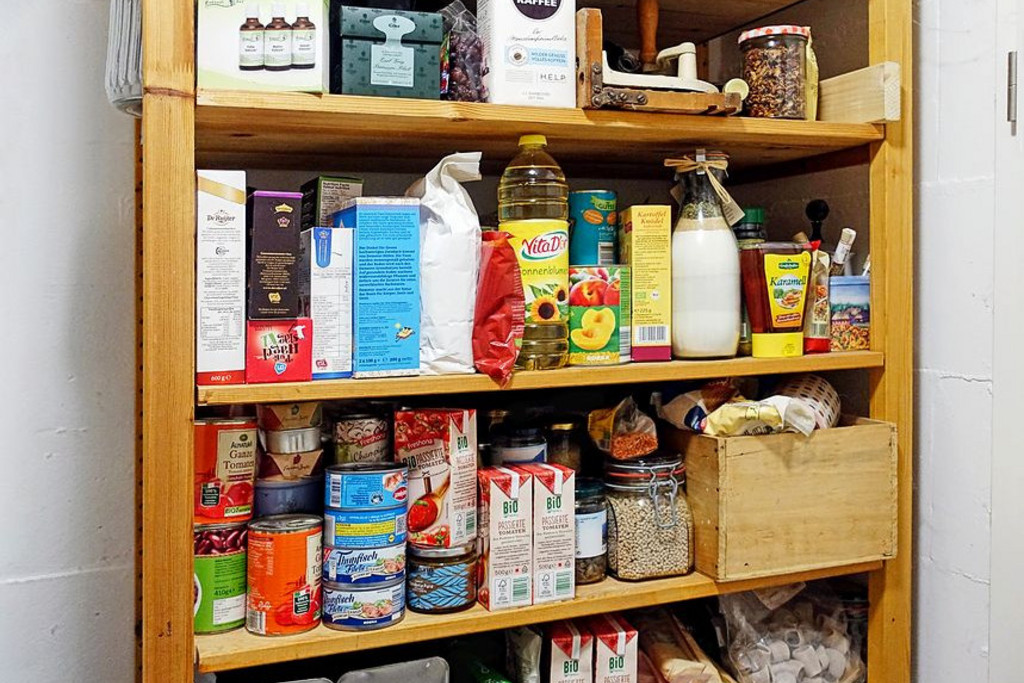
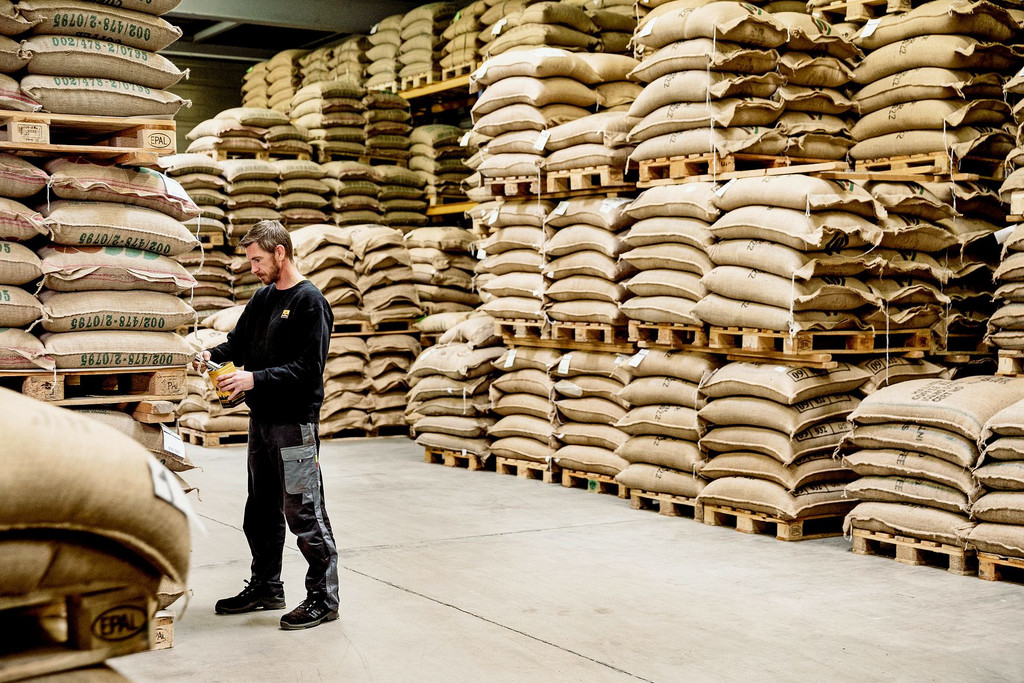
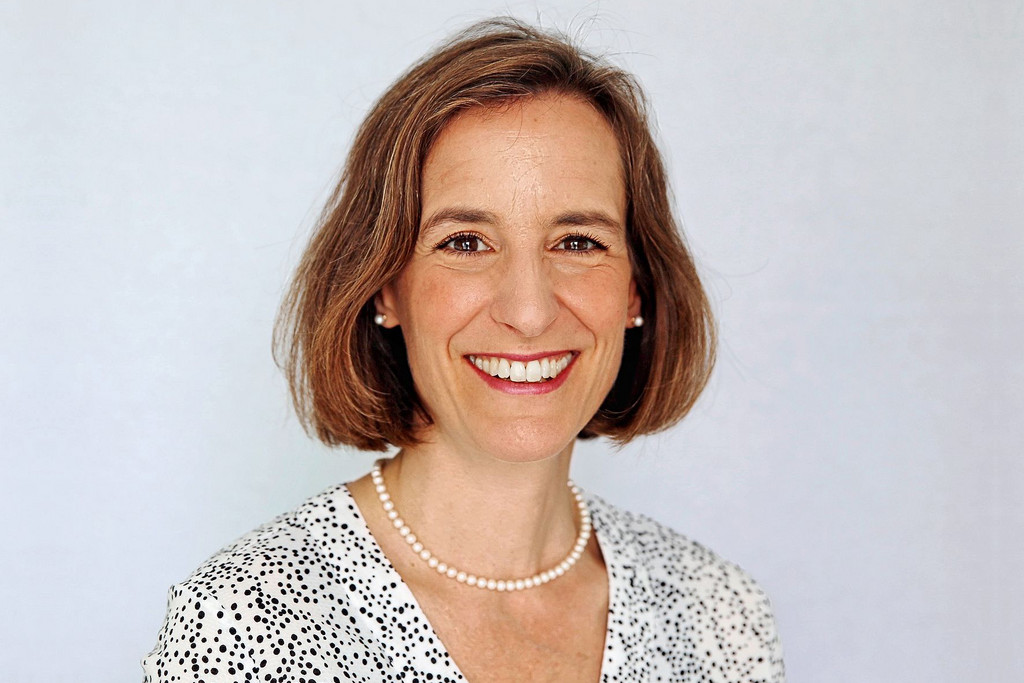


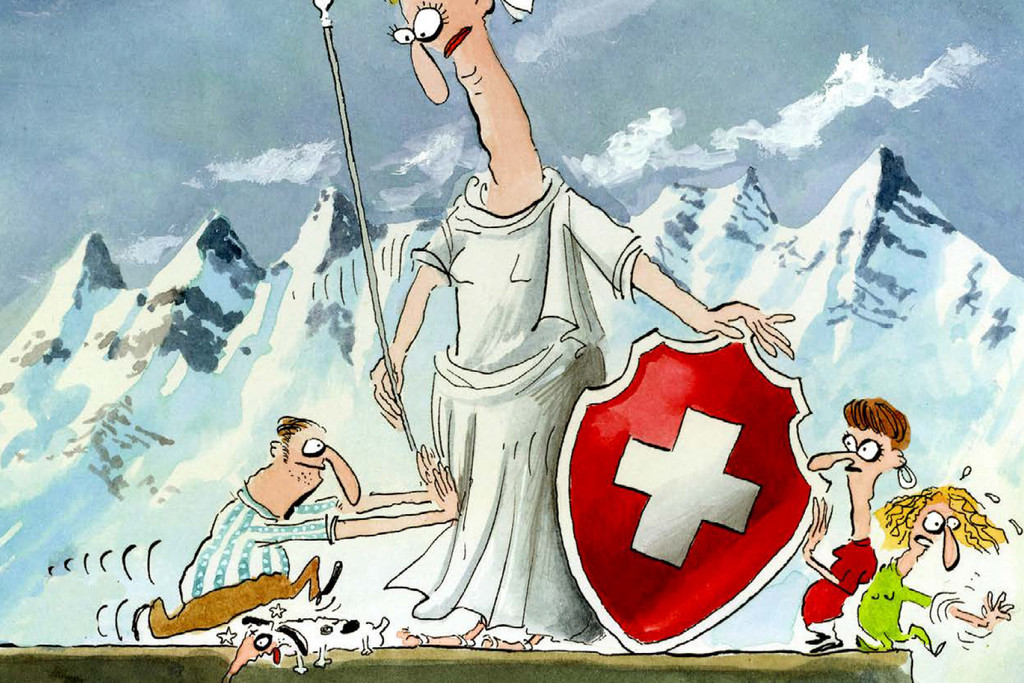
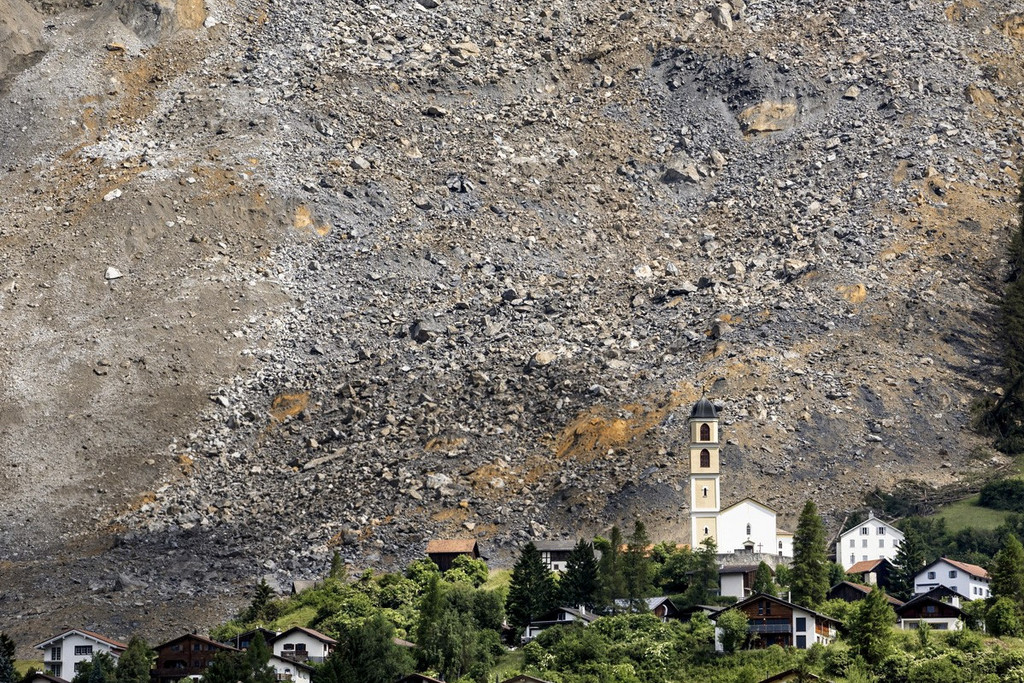




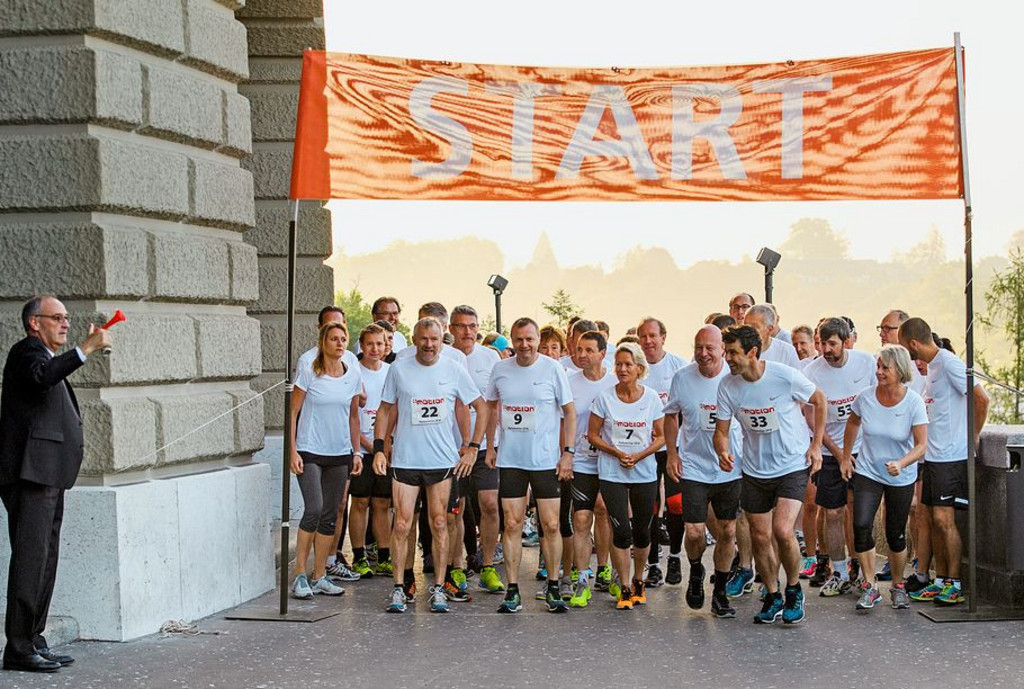
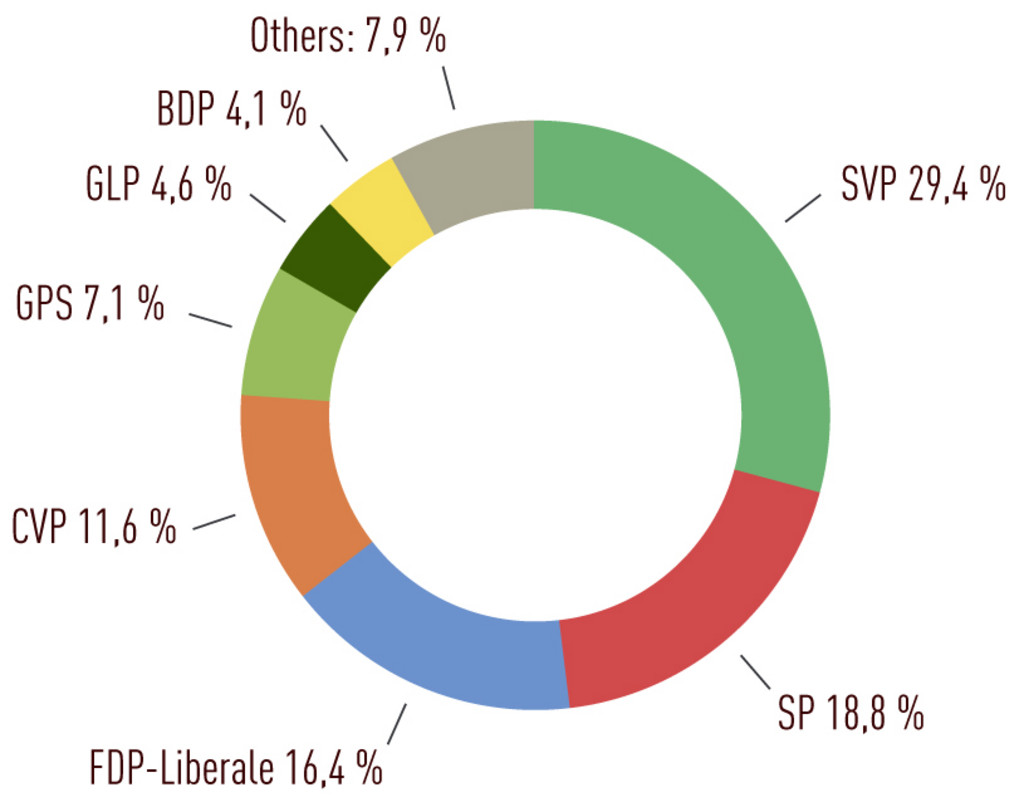
Comments
Comments :
Danke für Ihre kecke Zuschrift. Ich darf Sie beruhigen: Die "Revue" verfügt über keine Zensurabteilung. Aber die "Revue" beschäftigt auch keine Roboter. Will heissen: Jeder Kommentar wird von der Redaktion gelesen, nötigenfalls formal und orthografisch bearbeitet (damit die automatisierte Übersetzung funktioniert) und dann manuell freigegeben. Und das kann auch mal ein paar Tage dauern, besonders übers Wochenende und während Ferien.
Quo vadis Schweizer Revue? Nun, wir werden uns sicher bemühen, weiterhin unvoreingenommen an die Themen heranzugehen, die die Schweiz bewegen. Und wir sind weiterhin sehr an den Stimmen der Schweizerinnen und Schweizer aus der Ferne interessiert. So gesehen brauchte es unserseits keinen Mut, Ihren Kommentar zu publizieren.
Übrigens: Sie deuten richtigerweise an, dass in der Kommentarspalte keine Diffamierungen und Beleidigungen Platz haben. Genau so ist es. Solche Kommentare halten wir zurück, denn uns liegt an fairer Diskussion.
Letzten Freitag habe ich einen etwas kritischen Beitrag eingesandt
Ich habe nur sachliche Kritik geübt. Niemanden diffamiert und schon gar nicht beleidigt. Aber auch berechtigte Kritik das genügt in Ihren Augen schon, um den Text nicht zu veröffentlichen. Verdammt noch einmal. Wann werden Sie in der Lage sein die Aufgaben einer Redaktion sachlich und korrekt wahrzunehmen? Ich bin überzeugt, Dass Sie nicht einmal den Mut haben auch diesen Text zu veröffentlichen.
Quo vadis "Schweizer Revue"?
verstehe ich wie folgt: Wenn ich, als Unternehmer in meinem Betrieb eine grössere Investition plane haben die direkt Betroffenen ganz sicher ein, wenn auch beschränktes, Mitspracherecht. Selbst wenn sich, wie in unserer Heimat 1,25% der Belegschaft mit meinen Entscheidungen nicht identifizieren können, werde ich keine Zeit mit unnützen Diskussionen verlieren, und die getroffene Entscheidung durch ziehen. Mehr noch, ich wage zu bezweifeln, dass die Schweiz in dieser Form und mit der vorherrschenden Mentalität die Herausforderung der Doktrin China 2025 und den Realitäten der zur Zeit entstehenden Seidenstrasse bewältigen oder überleben wird.
Wenn in einem Staat die Geburtenrate in weniger als 50 Jahren um mehr als 30% zurückgeht, geschieht unweigerlich das Folgende.
Pro Zeiteinheit gehen 100% der arbeitenden Bevölkerung in Pension, jedoch in den Erwerbsprozess eintreten werden nur knapp 60%.
Das ist die einzig logische Schlussfolgerung. Konsequenz: Es fehlen Arbeitskräfte
ERGO EST (daraus folgt): Statt der unsinnigen Masseneinwanderungs-Zwängerei hätte die SVP in den 1980er-Jahren ein Einwanderungsgesetz anschieben sollen. Das hätte dem von dieser Populisten-Partei mit dem Pseudo-Image der staatsbürgerlichen Verantwortung eher entsprochen.
Aber eben, mit Populismus gewinnt man Stimmen, mit staatsbürgerlicher Verantwortung und dummen Sprüchen nicht.